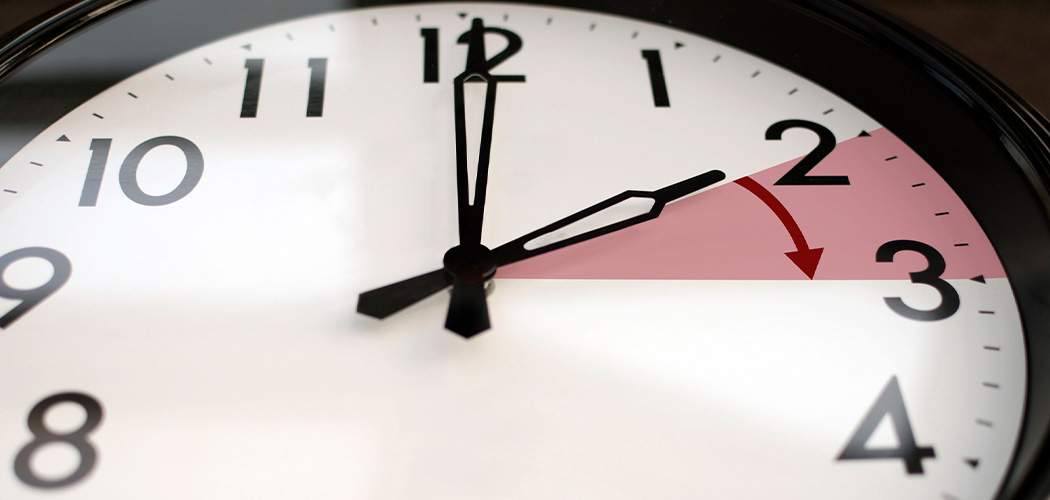It’s that time again – adjusting clocks in most of Australia’s eastern states to enjoy longer evening sunlight during summer.
Nurses and midwives in the Australian Capital Territory, New South Wales, South Australia, Tasmania and Victoria will lose an hour when the clocks are moved forward at 2am (to 3am) this Sunday 6 October.
If you are working during the transition to daylight saving time (DST), check your award or workplace agreement for terms about daylight saving. Your pay will depend on the award or agreement that applies to your workplace.
If there is nothing in them about daylight saving, payment is made ‘by the clock’. This means the hours you actually work. Any Sunday rates will also be paid ‘by the clock’ unless an award or agreement provides otherwise.
If you work in any of the states with daylight savings, you can check your local ANMF Branch for workplace entitlements. Information can also be found on the Fair Work Ombudsman website here.
Good sleep hygiene during DST
The benefits of DST include longer evenings to get outside for recreation and enjoy summer. However, transitioning into and out of daylight savings presents additional challenges for nurses and midwives, along with other shift workers.
The key disruptor for the body clock is poor light exposure, which is amplified by the changeover to DST.
“Daylight saving time is not just an issue the week of the changeover, but results in us all living a little out of time with the natural light/dark cycle,” says Associate Professor Sean Cain, from Monash University’s Turner Institute for Brain and Mental Health.
The disruption of the body clock can lead to adverse health outcomes such as poor mental health, reduced performance, increase in vehicular accidents, injuries, and work absenteeism. Being aware of the importance of and prioritising your sleep by implementing effective sleep strategies during this time can help mitigate any negative impacts to your health.
The Sleep Health Foundation has some tips and resources on sleep and shift work, including a video on nurse and shift worker of 30 years Fiona Groen, who talks on managing sleep.
Nurse Midwife Health Program Australia has a range of articles for nurses, midwives and students of the professions, including on sleep strategies.
If you are experiencing difficulties sleeping and it is impacting on your health reach out to NMHPA for a confidential and free chat with an experienced nurse or midwife. Phone: 1800 001 060.








